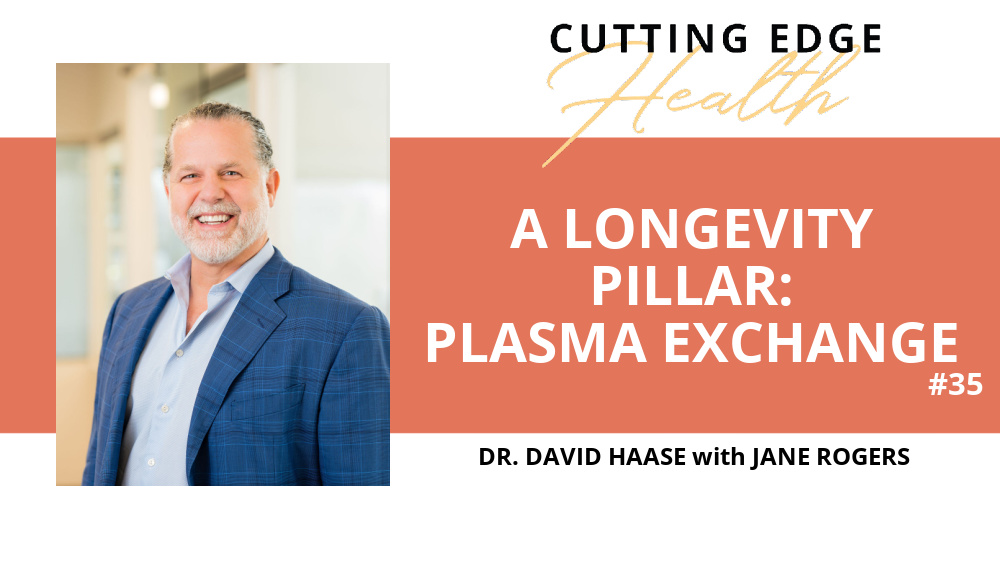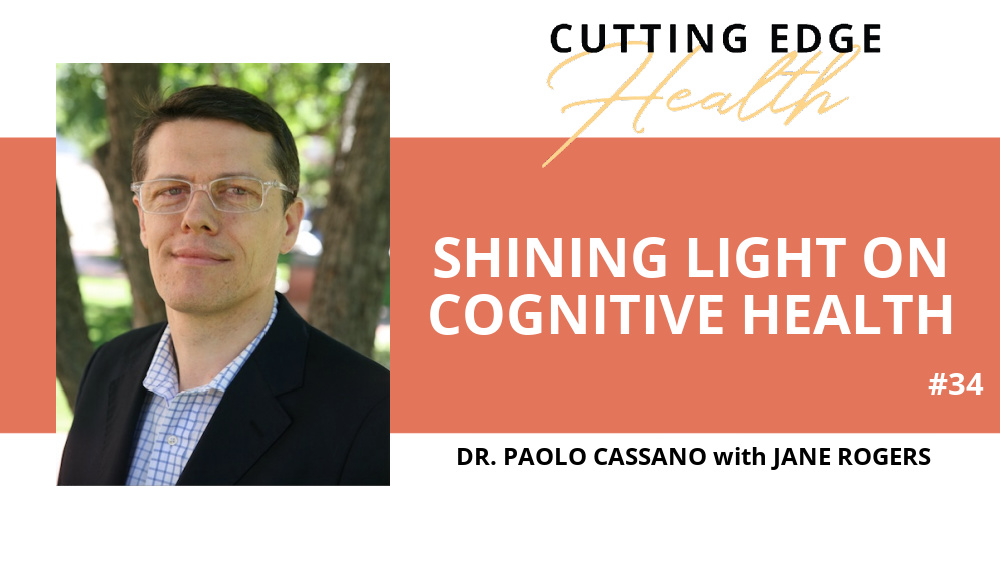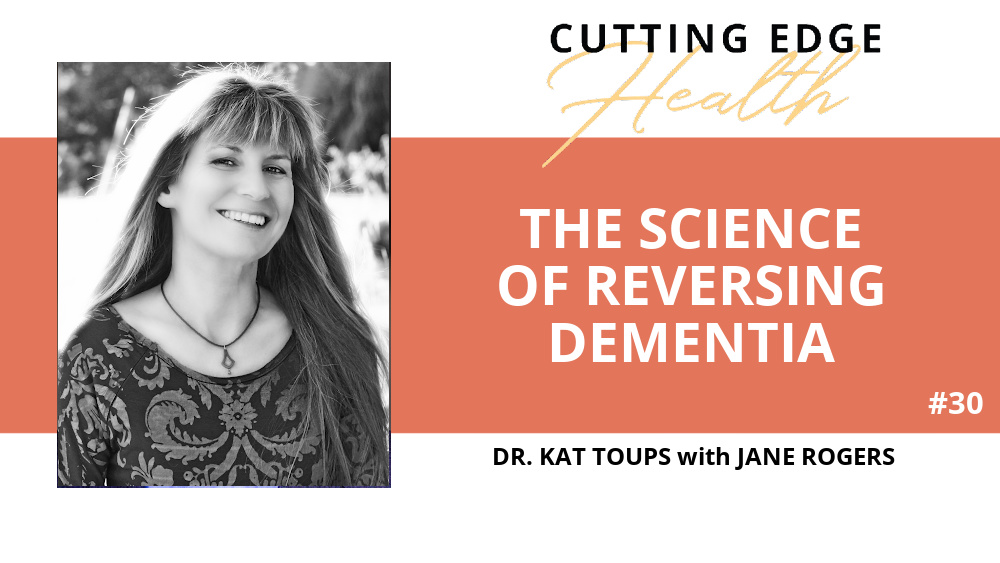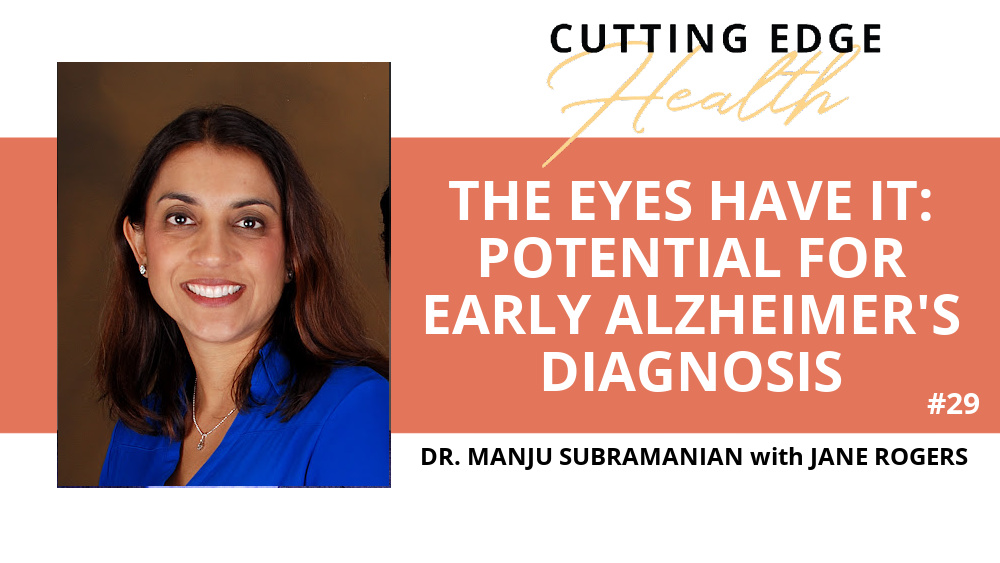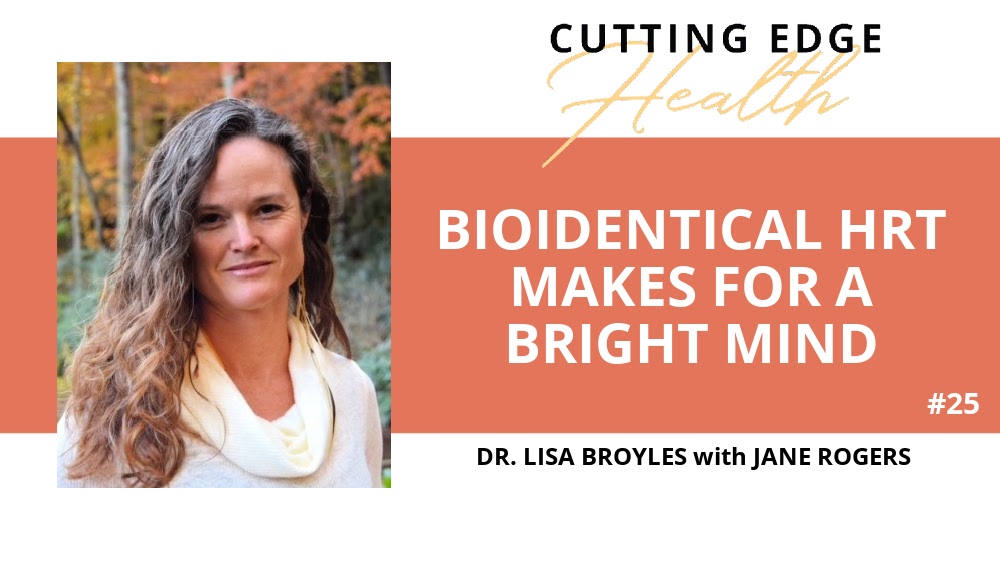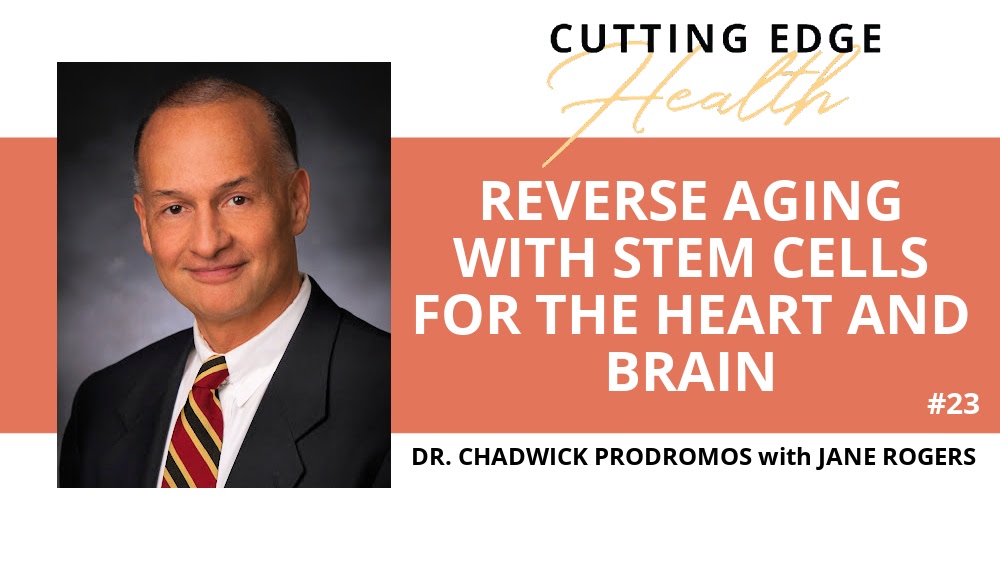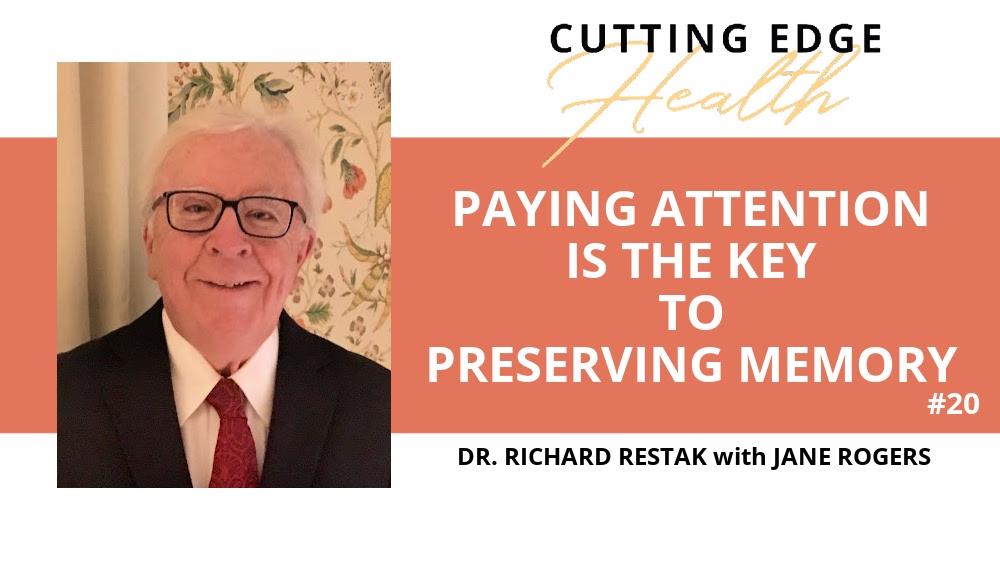EPISODE #19
CBN, A NON-PSYCHOACTIVE CANNABIS CHEMICAL, MAY PROTECT COGNITIVE FUNCTIONING
Dr. Pamela Maher
with Jane Rogers
Salk Institute finds a chemical compound in marijuana could help prevent Alzheimer’s
If you only have 3 minutes...
The Salk Institute’s Cellular Neurobiology Laboratory, which Pamela Maher, PhD heads, has been studying CBN. It is a chemical found in marijuana and findings show how it can protect nerve cells in the brain from oxidative damage, a major pathway to cell death. Their research also suggests that CBN works to protect the brain’s mitochondria. Mitochondria is called the powerhouse of a cell.
Pair these two findings and the neuroprotective benefits CBN produces might be helpful in preventing diseases like Alzheimer’s and Parkinson’s, Maher says. However, human clinical trials are still years away. The lab’s research thus far involves only mice.
CBN is molecularly similar to THC, but is not psychoactive. Because it won’t get one high, it is legal in every state. CBN is already produced commercially, sometimes in pill form, gummies or tinctures. Evidence suggests it is safe in animals and humans.
About Dr. Pamela Maher
Dr. Pamela Maher, a neuroscientist, is a research professor at the Salk Institute and the head of Salk’s Cellular Neurobiology Laboratory. A senior staff scientist at Salk since 2004, she has concentrated her research on screening for compounds that can halt the progress of neurodegenerative brain disorders, including Alzheimer’s disease.
Maher earned her undergraduate degree in Biochemistry from McGill University in Montreal, a PhD in Biochemistry from the University of British Columbia in Vancouver, and a Postdoc in Cell Biology from the University of California, San Diego.
In 1979 she was granted a Killam Predoctoral Fellowship, in 1980 an Anna Fuller Postdoctoral Fellowship, and in 1982 an NIH Postdoctoral Fellowship.
Dr. Maher has been the recipient of several major awards, including the Michael J. Fox Foundation Award for Novel Approaches to Drug Discovery for Parkinson’s Disease in 2007 and the Edward N. And Della L. Thome Memorial Foundation Award in Alzheimer’s Disease Drug Discovery in 2015.
- Never miss an episode! Subscribe and follow on your favorite distribution channel.
- Feedback and questions to hello@cuttingedgehealth.com
- Our team would be honored and grateful, if you could leave a 5-star rating on Apple Podcasts.










